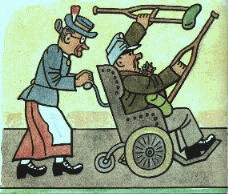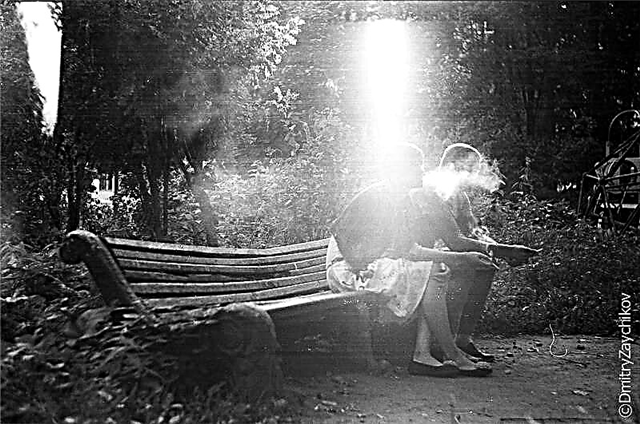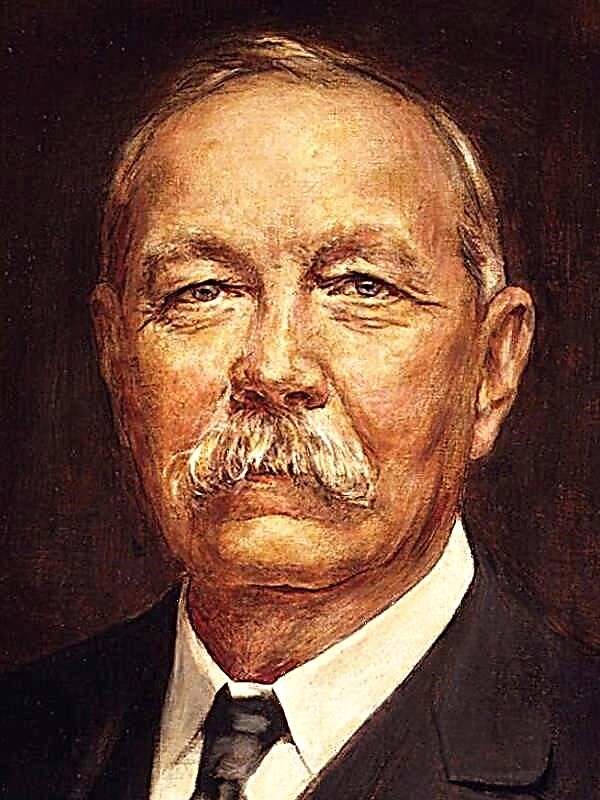(448 words) Many people are accustomed to a monochrome perception of the world: either good or evil; either black or white. They have only two colors, two indicators: good and bad. But, in my opinion, the world is much more complex and diverse. The same kindness can be different, have different characteristics, this is what the author of the quote meant. Each good deed has its own specifics. For example, giving money to a beggar in an electric train is mercy, but at the same time a stupid action, because this is how we encourage crime. Even more examples can be found in Russian literature. Looking at them, we will find the exact meaning of this phrase.
For example, in Leo Tolstoy’s epic novel “War and Peace,” Princess Dubetskaya prevented Kuragin and his accomplices from stealing the true will of Count Bezukhov. She took care of the observance of the law, because the old man wanted to leave all the wealth to his illegitimate son Pierre. The young man himself was naive and helpless; it was easy to deceive him and leave him without inheritance. In the last minutes of his father’s life, he really grieved, unlike everyone else. Seeing Pierre's infirmity and infantilism, the enterprising relatives decided to take over all that the count wanted to give to his son. But at the decisive moment, it was Dubetskaya who took the matter into her own hands: she can be said to have pulled out this will by force and published it. Selfish gentlemen could not do anything. You might think that a woman did this out of kindness of soul, but in this kindness there was a place of cunning. The heroine knew that now the young rich woman was in her debt. He will assist in the promotion of her son, and will also lend the right amount. If she had allowed the theft of her will, her relatives and close associates would not have given her anything. That kindness can be called cunning.
In the work of A. S. Pushkin "Queen of Spades" there is an example of evil kindness. The countess maintained and raised a poor relative. The unfortunate girl was left without a livelihood, and the old woman took her to her out of kindness. But even this wonderful impulse of the soul turned into anger of the mistress in relation to the engraftment. The elderly lady was tyrannizing Lisa, constantly reproached her and demanded the fulfillment of her every whim. The fate of the heroine of the countess had at its discretion, as if it was about a room dog. The girl was lonely and reserved, saw only an endless list of duties, teachings and concerns. And the future for her remained vague. The old woman did not want to let go of her companion, so she did not contribute to her marriage. Thus, the bounty of the countess was generously flavored with selfishness. An elderly lady simply did not want to grow old alone, so she took a “toy” for herself. Such kindness can be called evil.
Thus, the above phrase means that the manifestation of kindness can have various motives under it that give their semantic connotation to a good deed. If a person does a good deed of stupidity, then his behavior should be evaluated accordingly. It is impossible to divide all colors into black and white, and phenomena into evil and good. There are still many shades and meanings that we miss, simplifying the diversity of the world.












